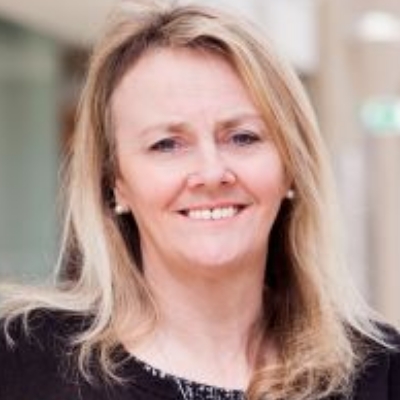
| Time | Session |
|---|---|
|
10:00
11:15
|
Auditorium I
|
| Time | Session |
|---|---|
|
11:35
13:10
|
Auditorium I
|
|
14:25
15:15
|
(open to EACR Early Career & Student Members, pre-registration required)
Career Discovery Area
|
| Time | Session |
|---|---|
|
15:20
16:55
|
Auditorium VIII
|